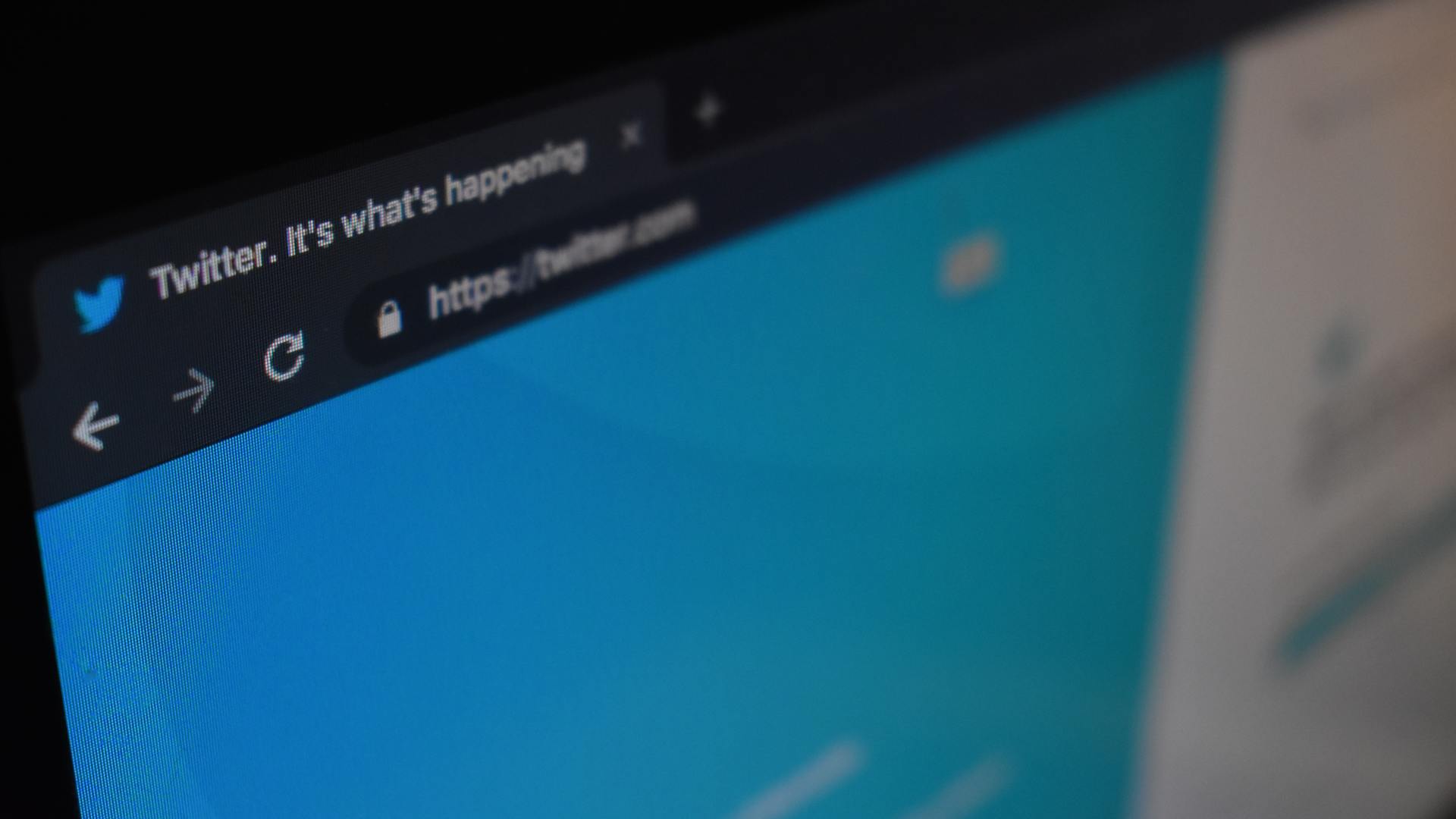
The Editing Company
Toronto, Ontario
RECENT POSTS
TEC Blog
Categories
Show All- Editing
- Grammar
- Usage
- Style
- Editor/writer
- Publishing
- Business
- Writing
- Writers support group
- Event
- Proofreading
- Copyright and permissions
- Usage
- Book reviews
- Editing new media
- Technology
- Books & libraries
- Ttc stories
- Editing & marketing
- Office happenings
- Social media & community
- Language & editing
- Social media
- Editing & marketing
- Indexing
- Book design
- Tec clients
- Guest blogger
- Creative women doing sixty
- Book clubs
- Books and reading
- Ebook technology & services
- Editing numbers
- Editing & technologies
- Opera, movies

Social Media: Can It Preserve a Record of Our Times?
by
Published at 2020-04-22
Originally, this week we had scheduled a blog on social media trends. However, given all that is happening in the world today and, especially, how social media is being used in new ways during the COVID-19 global pandemic, we thought it might be better to take a different approach. We especially want to look at how Twitter can connect us in the moment and how it can be the archive we need to preserve our past.
Twitter as Part of Our Shared History
I was inspired to revisit a blog from the TEC archives, “The Library of Congress is Archiving Your Tweets,” written back in 2012 by former editor Max Baru. This blog outlined the partnership, begun in 2010, between Twitter and the Library of Congress. The partnership allowed the Library of Congress access to the entire archive of public tweets, beginning with Twitter’s inception in 2006. At the time Twitter announced that “over the years, tweets have become part of significant global events around the world — from historical elections to devastating disasters,” and the LoC stated that “the Twitter digital archive has extraordinary potential for research into our contemporary way of life.” Both these statements remain true today.
Twitter in Times of Crisis
Since 2010, social media (Twitter, Facebook, and Instagram) has evolved and grown into something we could never have imagined it being years ago. Would we have ever thought that something as topical as social media could be used, so insidiously, to turn the tide of entire elections and referendums, spread propaganda, and propagate misinformation in times of crisis, as we are seeing now?
And could we ever have imagined how it could be used to help sustain our way of life, our ways of interacting with one another? As people like us all around the world stay at home, in quarantine, to protect those we love and the community as a whole, social media has become a lifeline, a way to stay connected even as our in-person social events and meetings cease. More interestingly, it is a way to bond with others, even strangers, through content that encapsulates our shared experiences in isolation — memes, TikToks, and tweets alike. Night show hosts like Seth Myers and Stephen Colbert have started using social media to not just share clips of their shows but to air the shows in their entirety, from their homes. Saturday Night Live hosted a virtual episode, museums are allowing users to access their collections through the internet, and school lessons are now taught virtually. We are online now more than ever before.
Twitter and Our Global Community
And as we collectively share the same experiences around the world — whether it’s working from home, struggling to teach your kids math, baking excess amounts of bread, sewing masks, learning new hobbies, or just worrying — it is … not strange, but perhaps eye-opening, to think that, at least in my recent memory, we are undergoing one of the few truly global events in recent history, an event that affects every person on the planet.
And yet, it is a shame that in 2018 the LoC announced that they would be ending the project to archive Twitter, and would instead only archive tweets on a “selective basis.” It’s a shame because we now live in a time where the importance of social media (like Twitter) has never been greater, publicly, personally, and politically. Historically, we have archived books in libraries and newspapers on microfilm (the New Yorker has an interesting article on how Google, in 2011, stopped accepting new archival materials from newspapers), but now the content generated by social media truly serves as another record of history, both in global trends and, interestingly, on an individual and personal level.
Preserving Twitter’s Many Voices
In centuries past, we have had records of the times from the important figures of the time, from those who ruled to those who recorded important events to those who simply had enough time and money that allowed them to publish a historical artifact like a book. Years from now, historians and researchers will be able to use Twitter to look back and evaluate the thoughts and experiences of individuals from all over the world, of every class and background imaginable. They’ll be able to read our messages and find out what Sarah in Toronto thought about the Raptors big win, John in Milwaukee’s opinions on the 2008 election, and what Jennifer in England thought about Brexit. And they will know how those in every corner of the world managed and survived this pandemic. All these voices together create a rich tapestry of history the likes of which has never been possible before. It’s important to preserve that tapestry — not reduce it to a handful of threads here and there.
We live in unprecedented times, and future researchers will no doubt want to figure out just how the heck we found ourselves here. The establishment of a Twitter archive is now in the hands of those who run and manage the Twitter corporation, who no doubt have the resources and know-how to get something like that up and running. I sincerely hope that they do. It would be a tremendous loss if all the tweets people create (whether thought out carefully, or…not), if all these thoughts and feelings and opinions that are shaping the world we live in today, are lost to time.




